Why the Paleo Diet Is the Best Diet for Testosterone Optimization
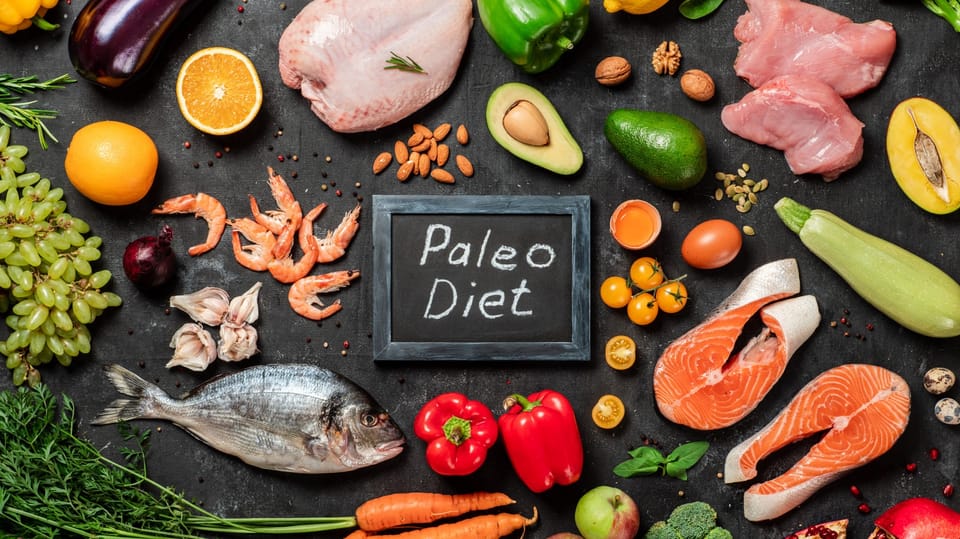
Nutrition is one of the most unnecessarily overcomplicated topics in health and fitness.
Conflicting information and bottomless rabbit holes make finding the right way to eat feel like a witch hunt.
This is problematic, because nutrition is one of the Big 3 pillars of health: training, sleep, and nutrition. The thing about the Big 3 is they are mutually inclusive; even if you're doing everything right in the gym and getting 8 hours of sleep, if you aren't eating properly, your results will suffer.
If you're a get-to-the point type, you can find the exact foods to eat and avoid along with example meals here: Paleo Diet Guide
If you prefer to understand the why behind what you do, keep reading.
Using my double Bachelor's in Biology & Exercise Science, I've spent the past several years digging to the bottom of every nutritional rabbit hole, and I've come to the conclusion that the Paleo diet is not only the best diet for testosterone optimization, it's also the easiest to follow for a lifetime.
What is the Paleo Diet?
"Paleo" refers to the Paleolithic era, better known as the Stone Age — a period spanning from roughly 2.5 million years ago to about 12,000 years ago, during which over 95% of human evolutionary history took place (1).
During the Paleolithic era, multiple species of early humans evolved, and eventually Homo sapiens (anatomically modern humans) emerged around 300,000 years ago.
For over 96% of our species’ existence, Homo sapiens were omnivorous hunter-gatherers — eating both plants and animals directly from the natural environment (1).
Farming has only existed for about 4% of our species’ history, and industrial food processing for a mere 0.07% (2).
Because nearly all of our evolutionary history unfolded during the 2.5-million-year-long Paleolithic era, our bodies are biologically adapted to thrive on the foods that sustained our ancestors: whole, unprocessed plants and animals in their natural state (4).
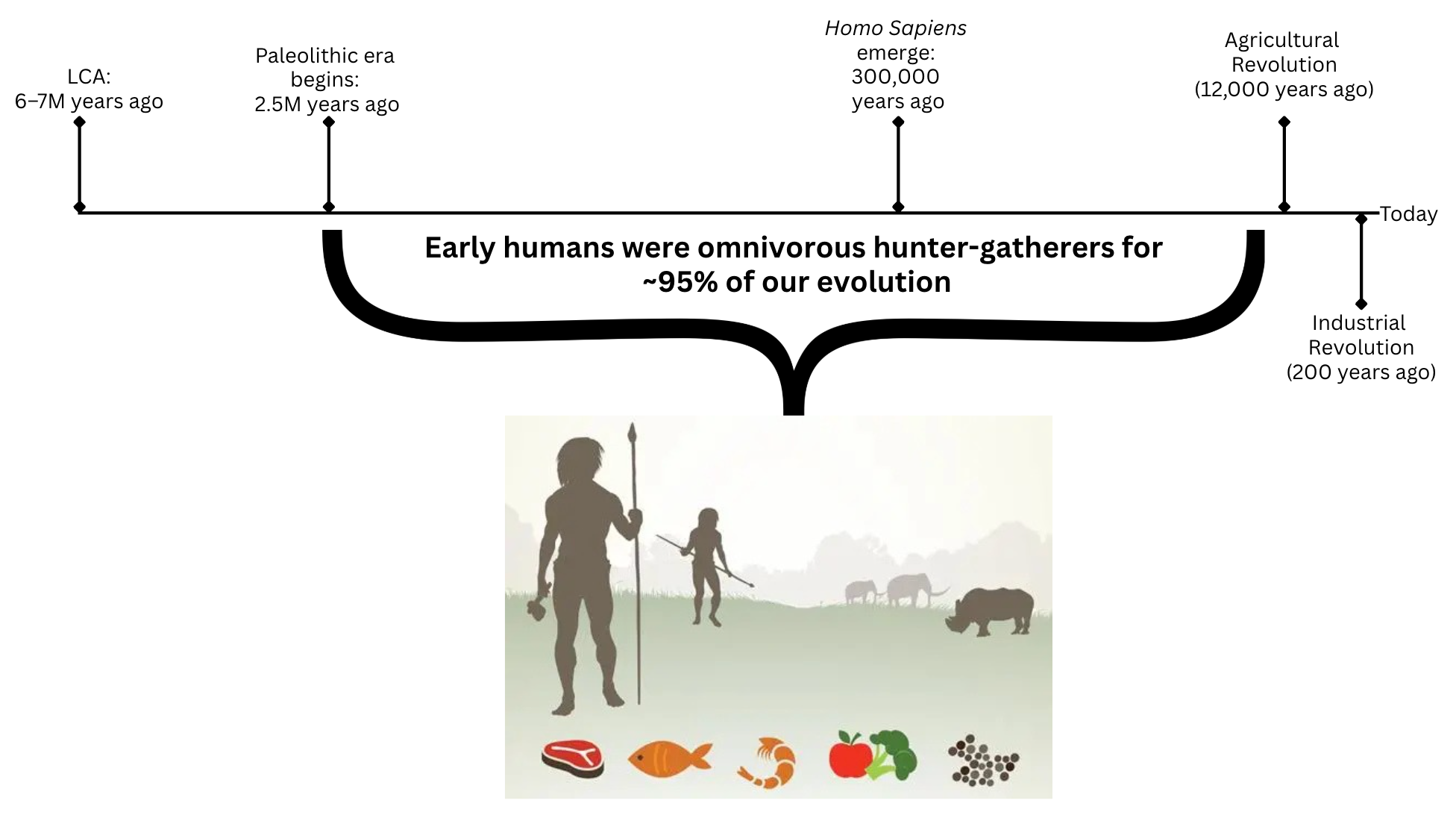
The essence of the Paleo diet is to eat in a way that aligns with how humans evolved to eat — prioritizing naturally occurring, single-ingredient, whole foods.
To understand why the Paleo diet is optimal for testosterone production, you first need to understand what your testosterone levels tell you...
What Your Testosterone Levels Tell You
The two primary objectives of all biological organisms (including humans) are survival and reproduction, in that order, because dead organisms cannot reproduce.

Survival is not binary; it's a spectrum ranging from barely surviving to fully thriving. A man's testosterone levels are a physiological reflection of where he lies on that spectrum. In fact, low testosterone is associated with an increased risk of all-cause mortality (5).

When survival is threatened — through factors like chronic stress, malnutrition, obesity, disease, or toxin exposure — the body reallocates resources away from reproduction toward survival. Since testosterone drives key reproductive functions like sperm production and libido, the deprioritization of reproduction manifests as lower testosterone levels (7).
The key point to understand is that a man's testosterone levels are a reflection of his holistic health. Only when a man is thriving, not merely surviving, will his body produce abundance testosterone in abundance.
Now that you understand what the Paleo diet is (evolutionarily consistent eating), and what your testosterone levels tell you (how healthy you are), you can understand how the two are related.
How the Paleo Diet Boosts Testosterone
1) The Paleo Diet is Evolutionarily Consistent
The saying "you are what you eat" is factual. When we eat, our bodies break down the nutrients in food and use them as raw material to form the structure of the cells that make up every system in our bodies; from our brains, to our bones, to our balls.
Every cell in our body contains DNA. The genes that make up our DNA adapt to our external environment in a way that maximizes our chances of survival and reproduction.
Since human beings ate the Paleo diet for almost our entire existence, our DNA is hardwired to process the foods that coincided with our survival - those found in the Paleo diet (4).
But in the last few hundred years (barely a blink on the evolutionary timeline), we’ve introduced factory farming, industrialized food processing, and artificial ingredients that would have been unrecognizable to our ancestors, including processed sugar, refined oils, preservatives, dyes, etc (6).
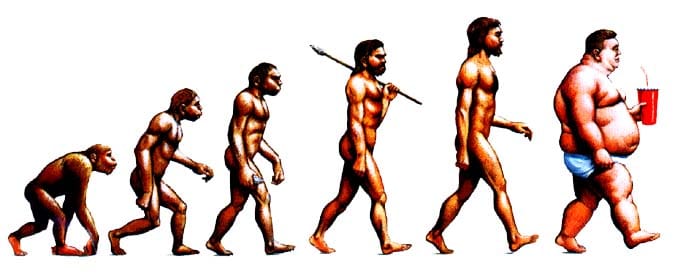
Not only do most modern-day foods contain said harmful additives, they also lack the nutrients our bodily systems need to function properly.
2) The Paleo Diet Delivers Nutritional Diversity
While there are certain nutrients that are specifically salient for testosterone production, the most important aspect of optimal testosterone production from a nutritional standpoint is ensuring that all of your nutritional bases are covered - meaning you are meeting your RDI (Recommended Daily Intake) for most nutrients and have no glaring deficiencies.
There is no one food that contains all the nutrients your body needs, so you must incorporate a wide variety of foods in your diet, each of which contributes to your total nutritional profile.
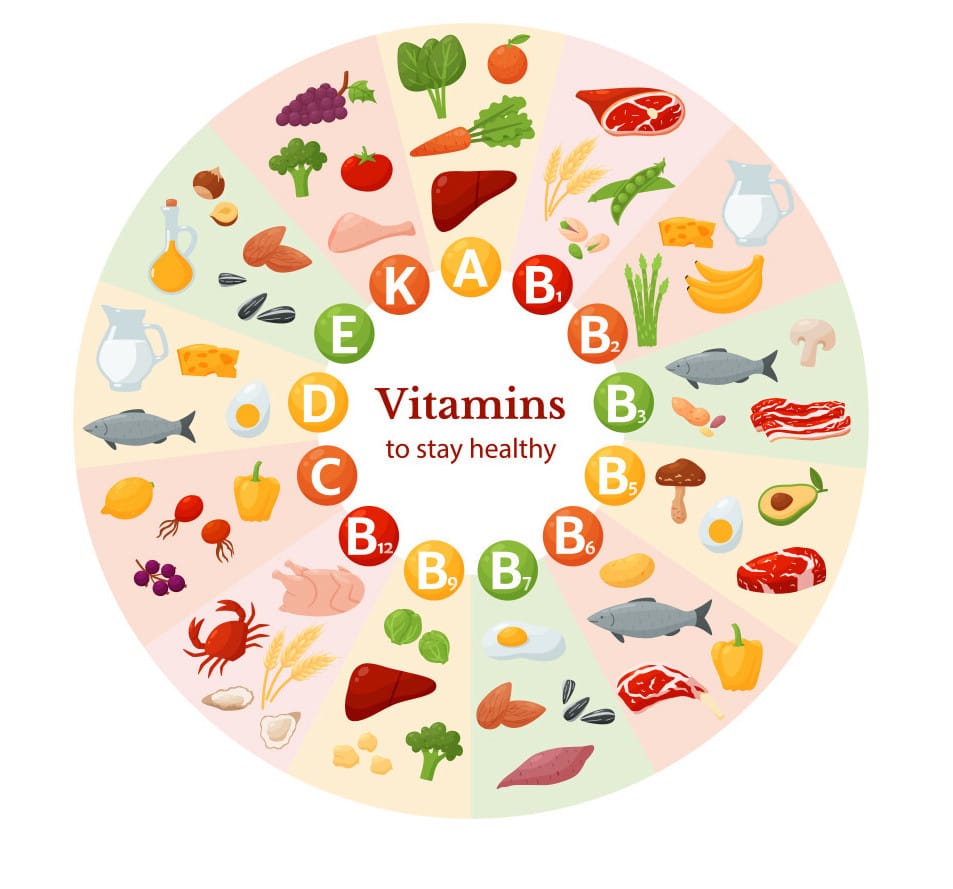
The problem with diets like carnivore, vegan, and keto, is that they eliminate entire categories of food, which is not only evolutionarily inconsistent (early humans were omnivorous), but it also makes covering all of your nutritional bases nearly impossible.
- The carnivore diet includes zero fiber and insufficient Vitamin C.
- The vegan diet is deficient in B-vitamins, creatine, zinc and iron (3).
- The keto diet excludes carbohydrates, including most fruits and vegetables.
Since foods from all categories are on the table for the Paleo diet (pun intended), nutritional diversity is inherent to the very nature of evolutionary eating.
3) The Paleo Diet Excludes Harmful Foods & Additives
While it is important to incorporate health-promoting foods into your diet, it's equally important to avoid health-damaging foods.
Ironically, the foods that are worst for our health are those that are produced by us, including (but not limited to): fried & fast food, processed sugar, refined oils, pre-packaged meals & snacks, industrially farmed crops (treated with pesticides) & livestock (contain added hormones), etc (6).
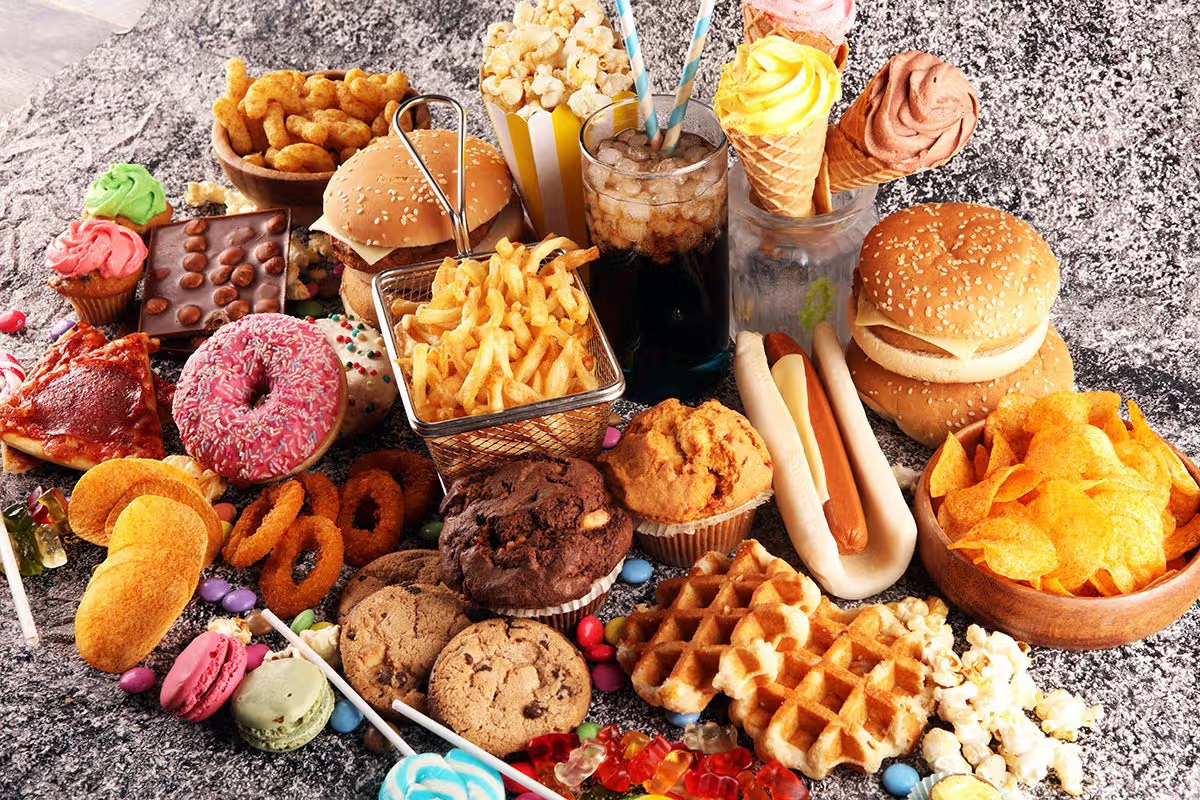
Highly processed modern foods not only contain very little nutritional value (vitamins, minerals, etc), but the ingredients they're made from actively detract from our health (6) (and therefore, testosterone production).
The Paleo diet is the only diet that explicitly excludes these harmful modern foods. Processed meats are acceptable in carnivore, donuts are vegan-friendly, and refined oils are "keto." The Paleo diet does not include any of these foods because they are not naturally occurring and thus would not have been eaten by our ancestors.
By eating the Paleo diet, not only will you nourish your body with all the nutrients it needs to function optimally, you will also avoid the deleterious health consequences of eating modernized processed foods.
Recap
In summary, the Paleo diet is the best diet for testosterone production because:
- It is evolutionarily consistent - our genes respond best to the types of food we evolved eating.
- It includes a wide variety of nutrient rich foods from plant and animal sources, which delivers the nutritional diversity your body needs to function optimally.
- It excludes processed foods that contain harmful artificial additives.
The Paleo Diet is Sustainable for a Lifetime
A key but often overlooked ancillary benefit of the Paleo diet is its long-term sustainability. Unlike fad diets that impose rigid, monotonous meal plans, Paleo offers a vast and diverse selection of foods: meats, seafood, eggs, fruits, vegetables, nuts, seeds, herbs, and spices. This wide variety allows for endless combinations, flavors, and meal styles, making it not only nutritionally complete but also delicious and enjoyable.
While it requires discipline to avoid processed, non-Paleo foods, the sheer breadth of options ensures that the diet never feels restrictive. Not only that but due to it's high fiber, water, protein, and micronutrient content, the Paleo diet is extremely satiating, giving you the freedom to eat well without feeling deprived.
Anecdotal Experience
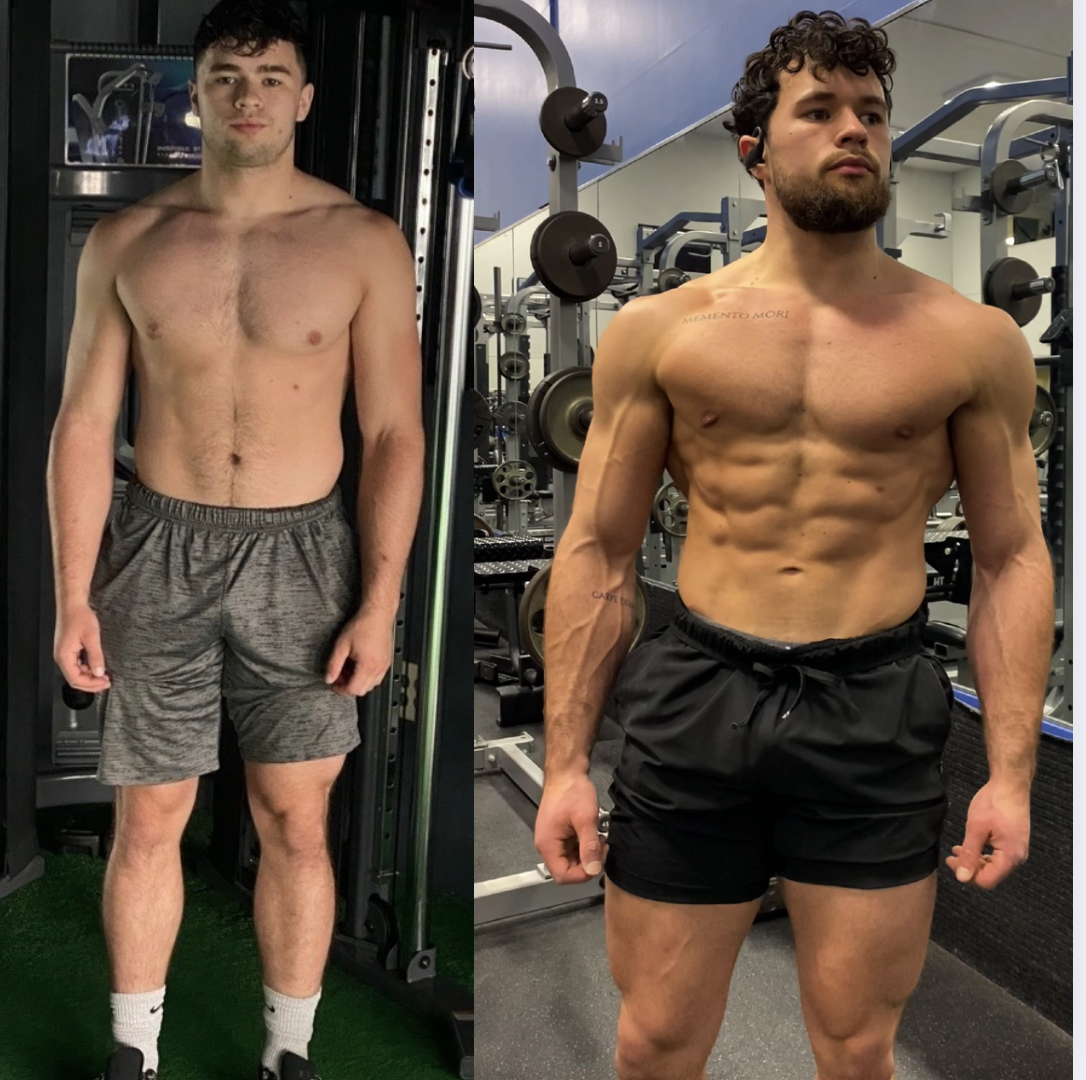
Recall the "Big 3" pillars of health: exercise, sleep, & nutrition. In both of these pictures, my workouts were nearly identical (as a college football player), and I've always made sure to get enough sleep. The most significant change I made to go from the left to the right was switching to the paleo diet.
After just two years of consistently adhering to what I consider a "flexible Paleo" diet (I still eat dairy and the occasional non-paleo item), my testosterone levels have never been higher, my mind has never been clearer, and my physique has never been better.
Since the Paleo diet is so voluminous and satiating, I've found that consuming enough calories to gain weight (while "bulking" for muscle growth) is actually challenging (good news for those who struggle with weight loss).
The Paleo diet has been so transformative in my life that I require my coaching clients to adopt a Paleo-based diet, which has delivered impressive transformations (shown on my instagram highlights).
You can find a comprehensive list of foods included and excluded in the Paleo diet, along with foods high in specific nutrients that support testosterone production, grocery lists, and example Paleo meals in my guide to Paleo Diet Guide below.
You can check out a video version of the material covered in this blog here
References
- Alt, K. W., Al-Ahmad, A., & Woelber, J. P. (2022). Nutrition and Health in Human Evolution–Past to Present. Nutrients, 14(17), 3594. https://doi.org/10.3390/nu14173594
- Cordain, L., Eaton, S. B., Sebastian, A., Mann, N., Lindeberg, S., Watkins, B. A., ... & Brand-Miller, J. (2005). Origins and evolution of the Western diet: health implications for the 21st century. The American Journal of Clinical Nutrition, 81(2), 341–354. https://doi.org/10.1093/ajcn.81.2.341
- Craig, W. J. (2009). Health effects of vegan diets. The American Journal of Clinical Nutrition, 89(5), 1627S–1633S. https://doi.org/10.3945/ajcn.2009.26736N
- Eaton, S. B., Konner, M., & Shostak, M. (1988). Stone agers in the fast lane: Chronic degenerative diseases in evolutionary perspective. The American Journal of Medicine, 84(4), 739–749. https://doi.org/10.1016/0002-9343(88)90113-1
- Muraleedharan, V., & Jones, T. H. (2014). Testosterone and mortality. Clinical endocrinology, 81(4), 477–487. https://doi.org/10.1111/cen.12503
- Monteiro, C. A., Cannon, G., Levy, R. B., Moubarac, J.-C., Jaime, P., Martins, A. P., ... & Louzada, M. L. (2019). Ultra-processed foods: what they are and how to identify them. Public Health Nutrition, 22(5), 936–941.
- Travison, T. G., Araujo, A. B., O’Donnell, A. B., Kupelian, V., & McKinlay, J. B. (2007). A population-level decline in serum testosterone levels in American men. The Journal of Clinical Endocrinology & Metabolism, 92(1), 196–202. https://doi.org/10.1210/jc.2006-1375